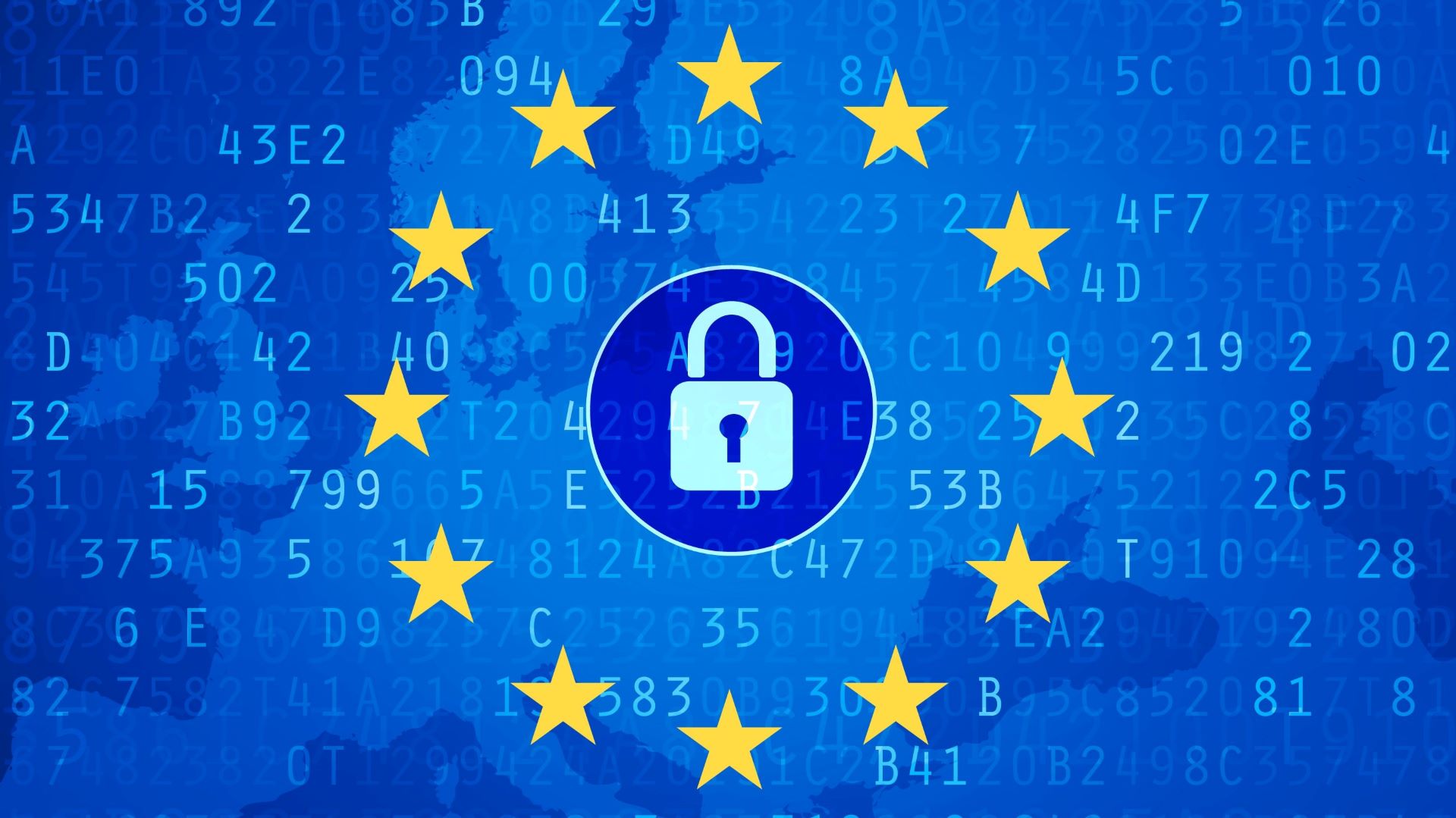
The controversial EU proposal to scan citizens' private communications on the lookout for child sexual abuse material (CSAM) is back on regulators' agenda.
Hungary, the country that now heads the Council of Europe after Belgium, has resurrected what's been deemed by critics as Chat Control, and MEPs are expected to vote on it at the end of the month. After proposing a new version in June, the Belgian presidency had to take the proposal off the agenda last minute amid harsh backlash.
Popular encrypted messaging apps, including Signal and Threema, have already announced their intention to rather shut down their operations in the EU instead of undermining users' privacy. Keep reading as I walk you through what we know so far, and how one of the best VPN apps could help in case the proposal becomes law.
A new push for Chat Control
As per the new version of Chat Control leaked by Politico on Monday, September 9, communications providers would be free to decide whether or not to use artificial intelligence to flag images and text chats as suspicious.
These companies, which include messaging services like WhatsApp as well as email providers, would be required by law to scan all users' chats and report when they found illegal content.
The scanning must be processed even at the cost of breaking encryption, the security protection that end-to-end encrypted services implement to ensure that communications remain private between the sender and receiver.
🇬🇧New EU #ChatControl proposal leaked +++ Governments to position themselves by 23 September, will be very tight... +++ Will messenger services be blocked in Europe? https://t.co/hvoPsyo78FHelp pressure your government now to defend privacy and secure encryption:…September 12, 2024
EU members have now time until September 23 to position themselves either in favor of or against the proposal.
As per the latest data coming from the European Pirate Party, the greater majority of countries have already expressed their support – at least 19, in fact, including Belgium, Hungary, Italy, Sweden, Ireland, and Spain. A few members (Estonia, the Netherlands, Slovenia, Czech Republic, and Austria) have abstained from taking sides for now, while only Germany and Poland opposed the bill.
German digital rights activist and member of Pirate Party Germany, Patrick Breyer, now calls on all EU citizens worried about their privacy to contact their MEP and ask to reject the proposal. He said: "We have two weeks to make our governments reject chat control and call for a new, truly effective, and rights-respecting approach to keeping our children safer online."
How a VPN can help
As mentioned, some providers have been really critical of the prospect of being required by law to break encryption.
Signal, for example, has been vocal against what's been referred to as 'side-scanning' since the beginning. The company said it would leave the UK instead of undermining encryption. While still figuring in the UK Online Safety law, the controversial provision has been halted until it's "feasible to do so."
Meredith Whittaker, President of the Signal Foundation, reiterated a similar stance when EU lawmakers began considering Chat Control last year. Last June, she didn't buy the attempt of the revised proposal to workaround the issue with encryption, either.
The Belgian presidency introduced the concept of 'upload moderation' instead to, they say, avoid breaking encryption as the content is supposed to be scanned before being encrypted.
"Whether you call it a backdoor, a front door, or 'upload moderation' it undermines encryption and creates significant vulnerabilities," Whittaker tweeted (see below) in response at the time.
📣Official statement: the new EU chat controls proposal for mass scanning is the same old surveillance with new branding.Whether you call it a backdoor, a front door, or “upload moderation” it undermines encryption & creates significant vulnerabilitieshttps://t.co/g0xNNKqquA pic.twitter.com/3L1hqbBRgqJune 17, 2024
All this means that if the CSAM scanning proposal will eventually be enforced, the likes of Signal, Threema, and Tuta (formerly known as Tutanota) are likely to leave the EU market or even be blocked for not complying with European regulations.
Hence, you might need to soon find a way to bypass these restrictions. This is exactly where a VPN comes in.
A VPN (virtual private network) is security software that not only uses encryption to ensure third parties cannot access the data leaving your device but also spoofs your IP address location. The latter skill tricks your internet service provider (IPS) into thinking you're browsing from a different country entirely so that it will grant you access to otherwise geo-restricted content.
Let's imagine, for instance, that Signal stops working across the European Union. All you need to do to keep using the app will be to connect to a VPN server located outside the block.
While I hope that this measure won't become necessary in Europe, it doesn't hurt to start thinking about options and alternatives. I then recommend checking out NordVPN – TechRadar's top pick at the time of writing – or, alternatively, our best free VPN page to get the most secure freebie in the market.







